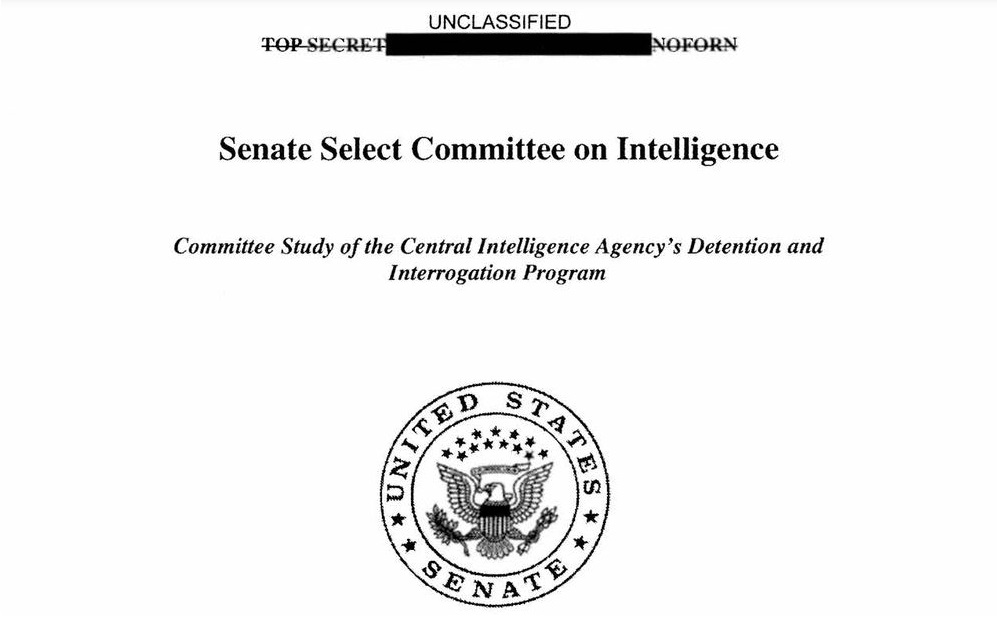The biggest casualty of the Senate's torture report will be American “soft power.”
The release by the U.S. Senate Select Intelligence Committee of the Study of the Central Intelligence Agency’s Detention and Interrogation Program – the “Torture Report” – has created a media firestorm in the United States. Even before the report was released, opposition to the publication of the information contained in the report was fierce with those opposed claiming that it was a partisan witch hunt, and, given the chaos in the world today, the timing wasn’t right and would stir up violent reaction in the Arab and larger Muslim world, endangering the lives of Americans. Since the release of the report, reaction in the U.S. has ranged from strong defense, (“While the truth is a hard pill to swallow…the American people are entitled to it” – John McCain), to balanced realistic assessments (“The National Effort at Self-Exoneration on Torture” –Paul Pillar), to intellectual evaluations (“The report is full of crap.” – Dick Cheney).
Much of the criticism of the report’s findings has centered on the conclusions that the “enhanced interrogation” (i.e. torture) yielded little information of value. The CIA has long claimed that its enhanced interrogation techniques provided useful information that saved American lives. Even before the report was released and before they knew what was in it, three former CIA Directors launched a media counter attack claiming that the interrogation program was “invaluable” in stopping terror attacks. Even if the Director’s claims are accurate, a dubious conclusion at best given the documentation in the report, the claim that the “end justifies the means,” anything is justified if it helps achieve the government’s desired goals and outcomes, is a slippery slope that completely ignores any concept of morality and ethical decision making.
The claims of violent reaction, endangering American lives, have proved equally problematic. While the U.S. media has provided wall-to-wall news and opinion coverage, the coverage in the Middle East has been modest to nonexistent. The reaction of Arabs and Muslims in general has been a non-issue. For them, there is nothing new in this report. It is common knowledge that, in pursuit of the “war on terror,” the U.S. has indefinitely detained, tortured and murdered numerous Muslims whose only crime was being in the wrong place at the wrong time. Their experience with their own oppressive regimes leads them to conclude that this is what governments do to protect themselves and their interests. What’s new? The U.S. government is no different from any other regime. The biggest casualty of this report will be American “soft power.”
As I discuss in my book, Fault Lines, soft power, a concept coined by Harvard professor Joseph Nye, is getting others to want what you want. According to Nye, a country’s resources of soft power are its culture (in places where it is attractive to others), its political values (when it lives up to them at home and abroad) and its foreign policies (when others see them as legitimate and having moral authority). America’s soft power toolbox has been seriously depleted over the last several decades. Although the U.S. may get some credit for owning up to its mistakes and, perhaps, taking steps to prevent such behavior from happening again, these revelations will only make it more difficult for American diplomats to influence the behavior of other countries. Already many of our allies, some complicit in these activities, are feeling pressure to distance themselves from U.S. actions and policies. Not a good sign.









–the U.S. has indefinitely detained, tortured and murdered numerous Muslims–
Truth is undeniable — and how can the American policy makers expect that there will be no reaction to these atrocious methods.